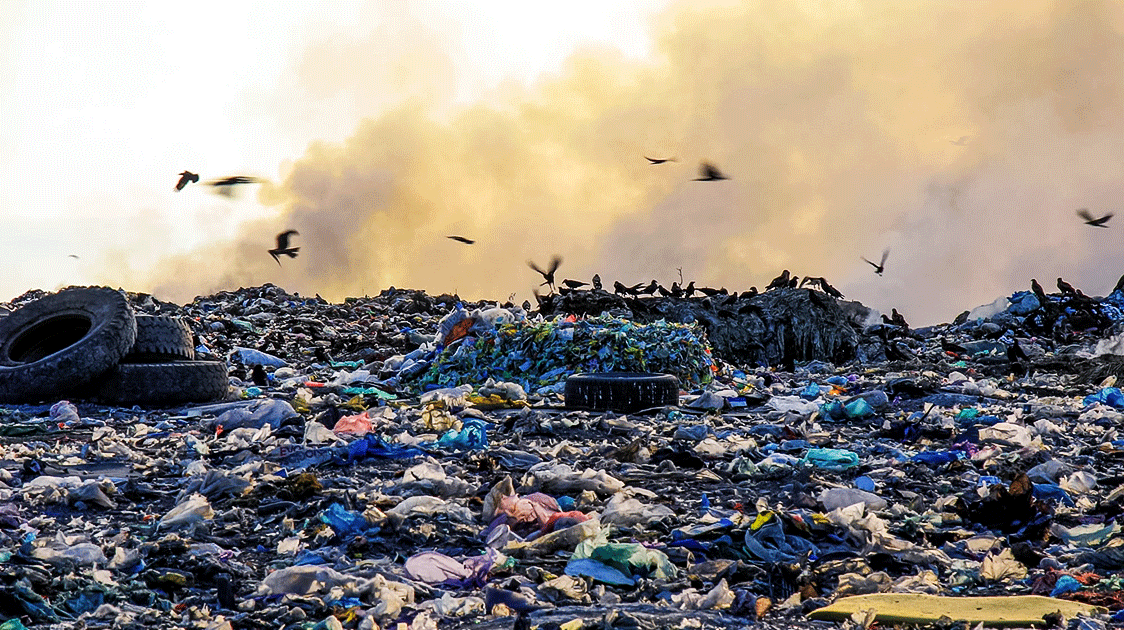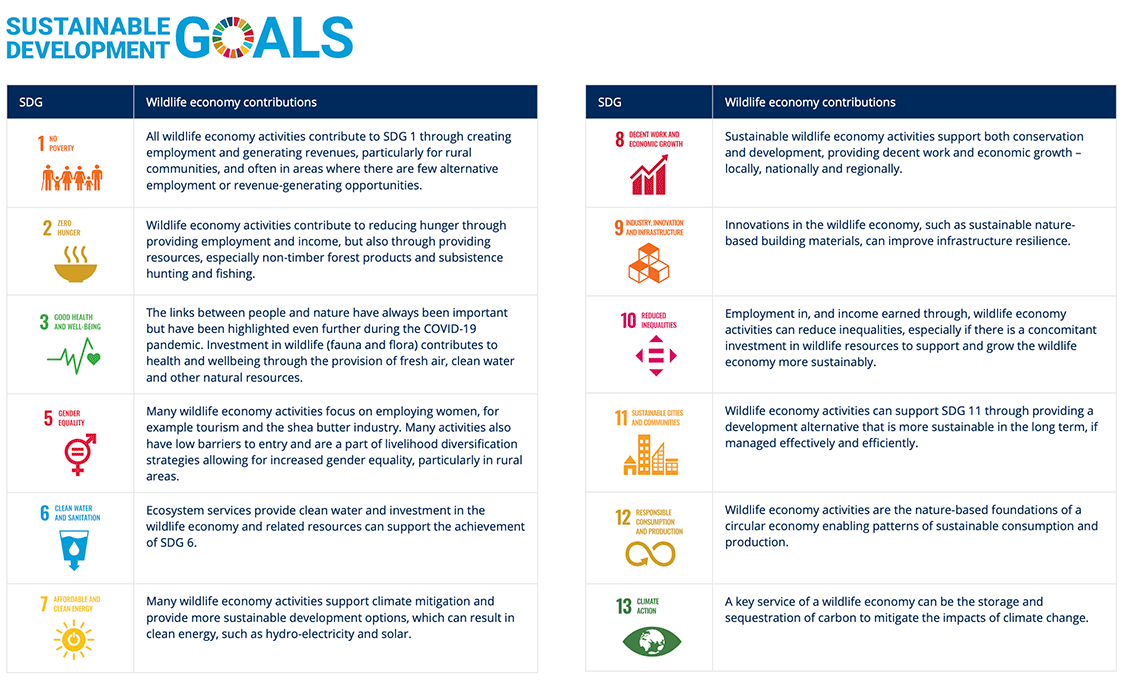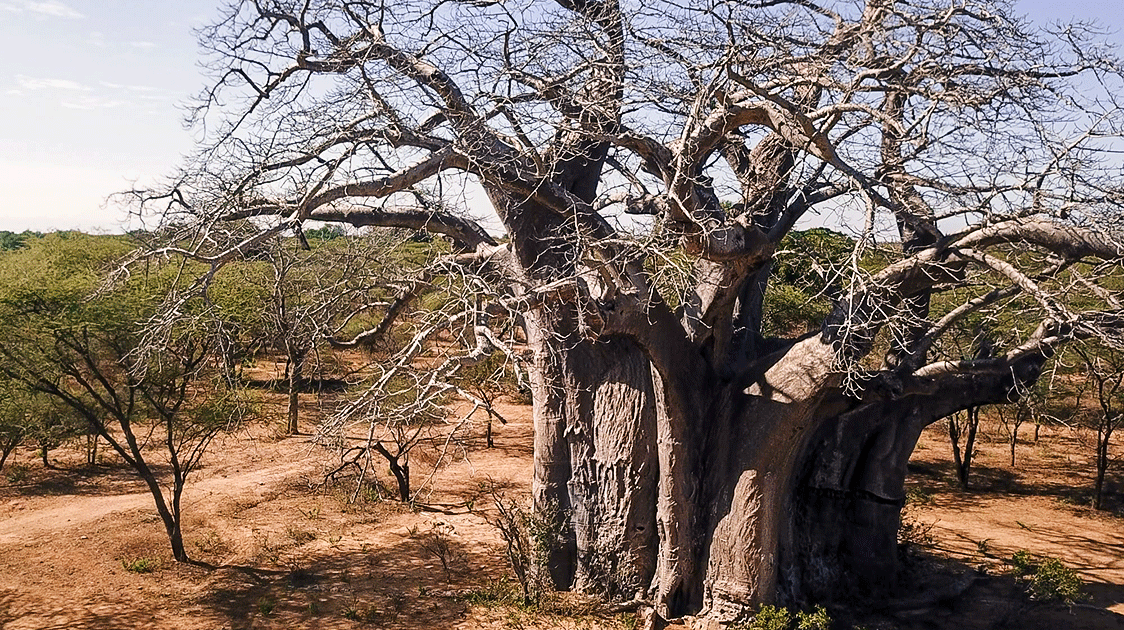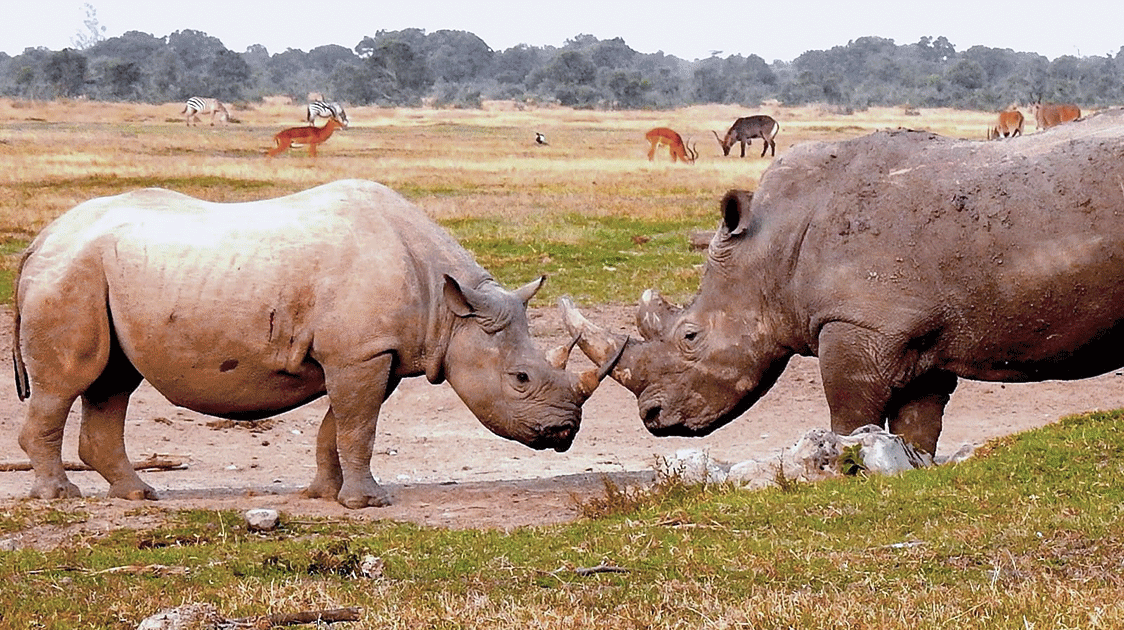Declaration Deceptions or the Art of Grandiloquence While Rome Burns

By Zig Mackintosh
In a sea of environmental organizations, green movements and snake-oil salesmen, the International Union for Conservation of Nature (IUCN) stands out as the most credible and principled.
However.
The IUCN World Conservation Congress was held in Abu Dhabi in October 2025. Nearly 10,000 participants from 189 countries spent a week crafting what was called an urgent “Call to Action”.
The jamboree featured over 1,000 events, including pavilions, posters, plenaries, a learning zone, and a knowledge hub.
But as wildfires rage, rivers choke, ecosystems collapse, and species disappear at unprecedented rates, one must ask, was this just another expensive exercise in environmental theater?
The Same Old Story
Scanning the Abu Dhabi “Call to Action” feels like déjà vu.
“Critical juncture,” “time is running out,” “immediate bold actions”.
Such ditties have been trotted out for decades.
2000: Amman, Jordan “Ecospace”
2012: Jeju, Republic of Korea “Nature+: Towards a New Era of Conservation, Sustainability and Nature-based Solutions”
2016: Hawaii, United States “Planet at the Crossroads”
2021: Marseille, France, “Marseille Manifesto” highlighting that humanity has reached a tipping point and the window of opportunity to respond to climate and biodiversity emergencies is narrowing.
The Rio Earth Summit in 1992 spoke of urgency. The Biodiversity Convention declarations of the past warned of tipping points.
The 2025 Abu Dhabi Congress adopted 148 motions.
One hundred and forty-eight.
If resolutions and motions could save the planet, we’d be living in nirvana by now. Instead, as delegates debated in air-conditioned galleries, the very ecosystems they pledged to protect continue to spiral downwards.
The Irony of Location
There’s something particularly irking and tone-deaf about hosting a conservation congress in Abu Dhabi, a city carved from desert in one of the world’s most water-scarce regions, sustained by energy-intensive desalination and cooling systems.

The Congress opened with a quote from Sheikh Zayed bin Sultan Al Nahyan, the first president of the UAE, basically about living in harmony with nature. Yet, the host city itself is a monument to humanity’s ability to override natural limits through brute technological force.
Grand Visions, Hazy Commitments
The Congress produced a new 20-year Strategic Vision for IUCN and a “bold” Quadrennial Program for 2026-2029.
Twenty years?
Scientists tell us that the next five years are crucial for avoiding irreversible ecosystem collapse.
What’s the point of planning decades ahead when action is needed now?
The five “key directions” outlined in the Call to Action read like a masterclass in stating the obvious whilst avoiding specifics:
- “Reaffirming nature as the foundation”, as if we needed 10,000 people to fly to Abu Dhabi to confirm that nature is essential.
- “Strengthening multilateralism” because more meetings and committees are precisely what the Earth’s rivers and wetlands need.
- “Ensuring justice and inclusive participation”: noble words that hold zero significance while Western parliaments debate the banning of trophy imports, trying to deny a source of income to some of the planet’s poorest people.
- “Advancing science and knowledge”, how much more do we need before we act?
- “Scaling up resources” without any binding commitments or enforcement mechanisms.
The Perpetual Five-Year Warning

Only five years remain to meet the 2030 targets for the UN’s Global Biodiversity Framework and Sustainable Development Goals, the document affirms.
Spoiler alert!
There’s no way we’ll meet those targets; we’re nowhere close.
And the Congress’s solution?
Link everything to the upcoming United Nations Climate Change Conference (UNFCCC COP30), which will be held in Belém, Brazil, in November 2025.
Another conference.
Another opportunity to kick the can down the road while declaring the paramount importance of immediate action.
The “One Nature, One Humanity” Delusion
The Congress ended with the rallying cry “One Nature, One Humanity, One Future.” It’s a beautiful sentiment that obscures an ugly reality: there is no “one humanity” when it comes to environmental destruction.
The global poor aren’t the ones flying to conferences, consuming resources at unsustainable rates, or profiting from ecosystem destruction.
Yet they’re the first to suffer when water sources dry up, soils erode, or ecosystems collapse.

A Congress of Contradictions
Perhaps most tellingly, the document acknowledges that “decades of conservation and restoration efforts” have failed to prevent us from reaching this crisis point.
So, what’s the proposed solution?
More of the same, but with more feeling; this time, we really mean it.
More coordination.
More initiatives.
More strategic visions.
More programs.
More motions.
Meanwhile, the Amazon burns, insect populations are collapsing, ocean acidification is accelerating, and the Great Pacific Garbage Patch continues expanding.
These crises don’t wait for the next Congress, the next strategic vision, or the next quadrennial program.
The Real Purpose
So, what did this Congress actually achieve?
It’s always a great networking opportunity for environmental professionals. It generated feel-good headlines about global cooperation. It allowed governments and corporations to tout their environmental credentials while changing nothing fundamental about their operations.
But most of all, it produced documents that will be cited in future documents at future conferences.
What it failed to do was establish any binding obligations, enforcement mechanisms, or immediate large-scale interventions commensurate with the crisis’s scale.
No emergency response team is being deployed.
No urgent massive reforestation.
No immediate halt to the subsidies that fuel destruction.
And the elephant in the room?
No mention of corruption, the single most significant factor behind the current situation.
The Tragedy of Good Intentions
The saddest part is that most of the 10,000 participants genuinely care. They’re not villains but true believers trapped in a system that mistakes talk for action, conferences for progress, and declarations for change.
They return home with renewed energy that will slowly dissipate as they encounter the realities of political influence and corruption, corporate resistance, and public indifference.
The Abu Dhabi Congress will be remembered, if at all, as another milestone on the road to ecological collapse, not because it turned the tide, but because it marked another moment when we chose pageantry over emergency action.
“Together we can, and together, we will!” the declaration concludes.
But, going on the track record, together we’ll organize another conference, draft another declaration, and watch the planet choke while congratulating ourselves on our collective commitment.
The planet doesn’t need another “Call to Action”.
It desperately needs action, but unfortunately...
Zimbabwean native Zig Mackintosh has been involved in wildlife conservation and filmmaking for 40 years. Over the years, he has traveled to more than 30 countries, documenting various aspects of wildlife conservation. The sustainable use of natural resources as an essential conservation tool is a fundamental theme in the film productions with which he is associated.




